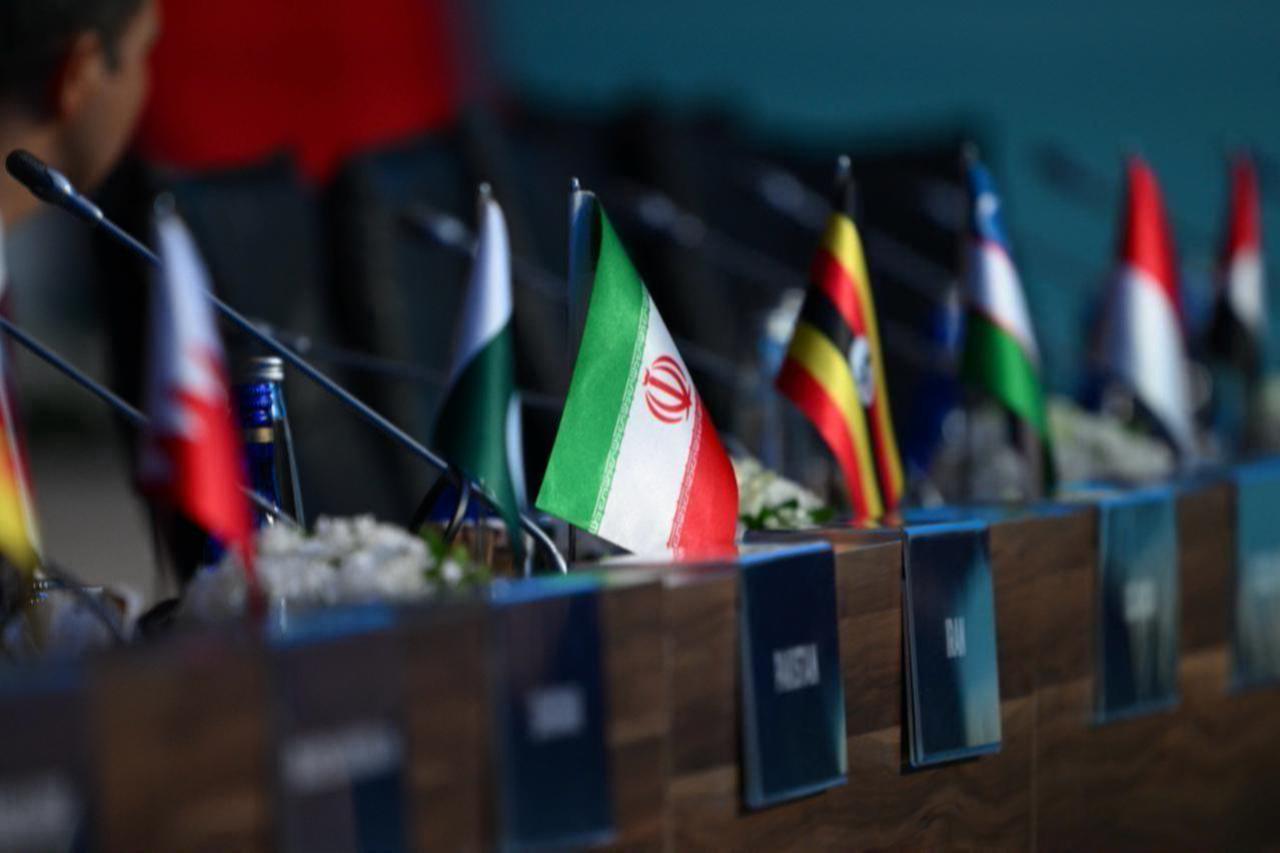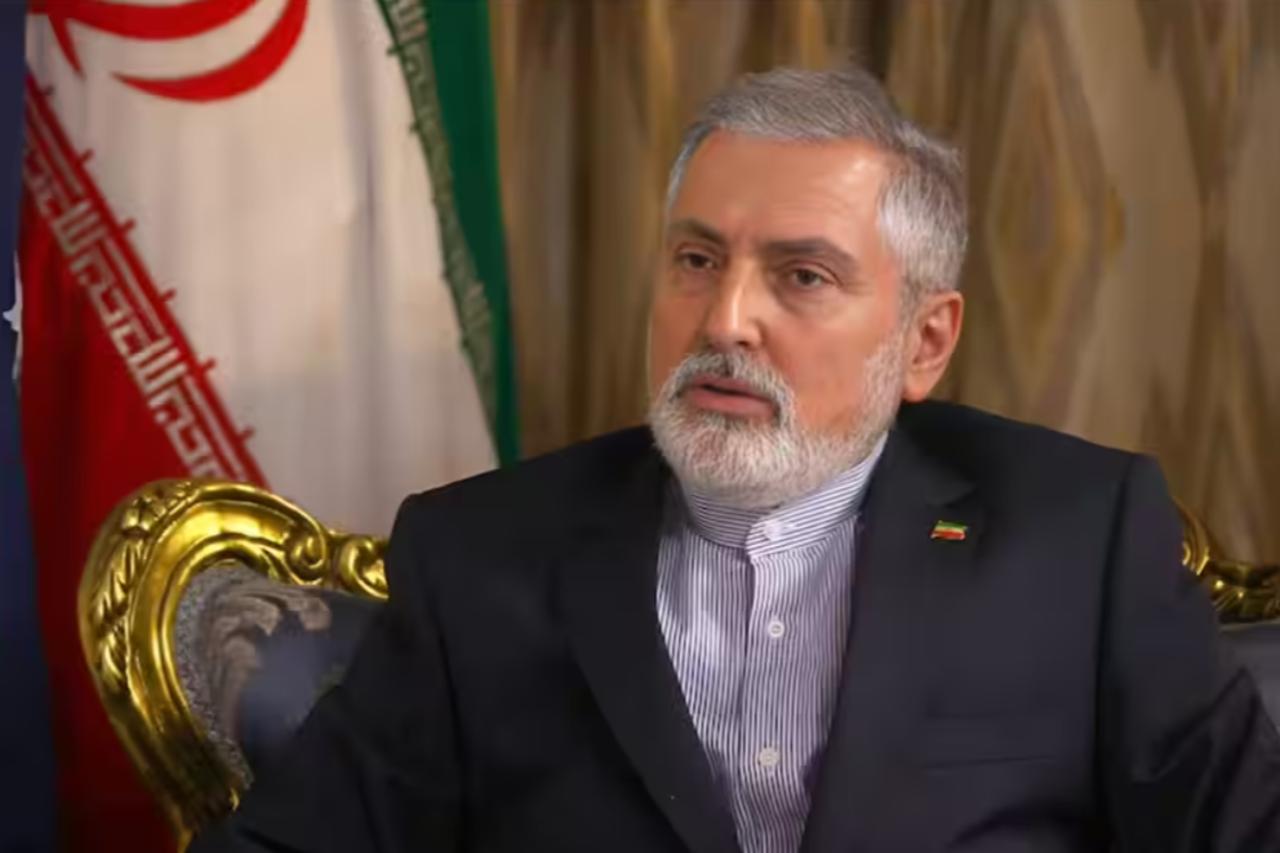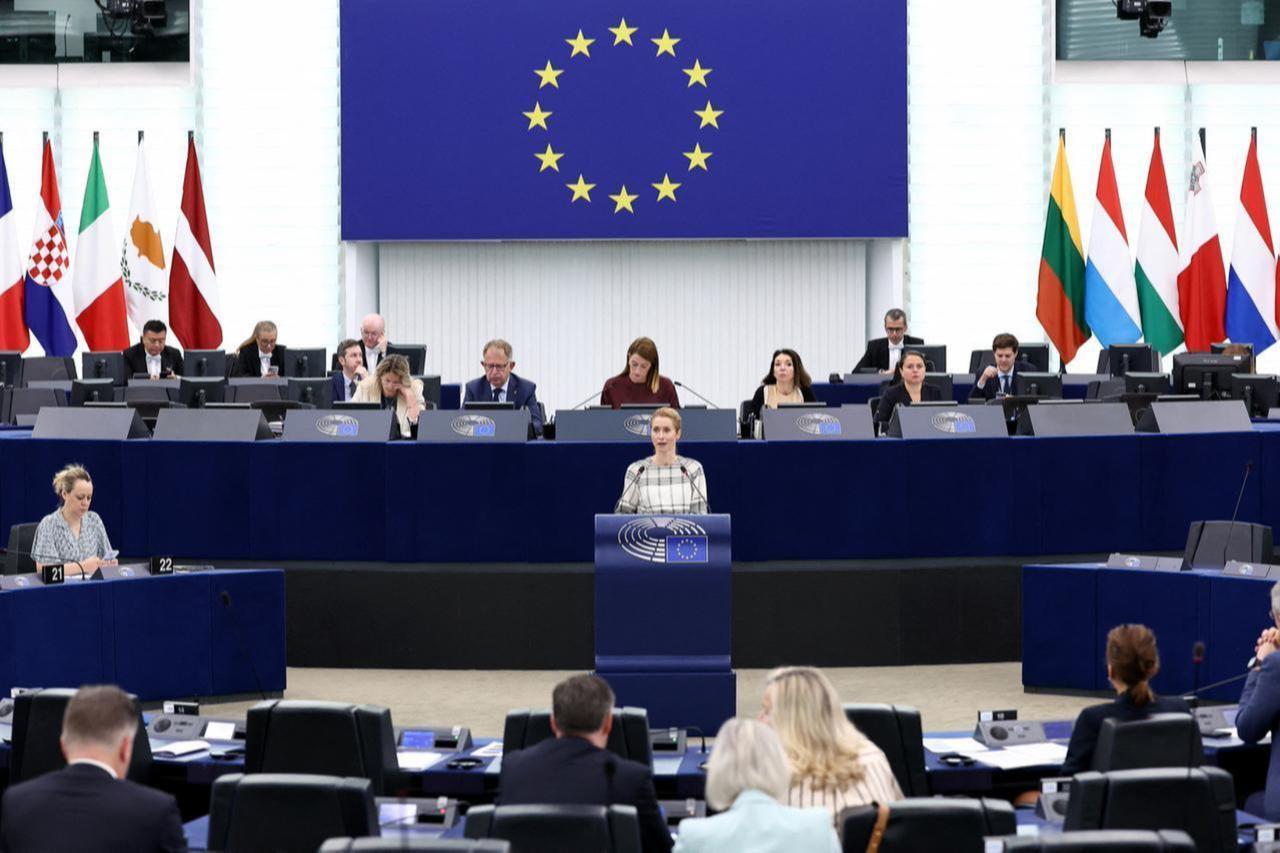
Iranian Foreign Minister Abbas Erakchi will hold talks with his British, French and German counterparts in New York this week as a controversial mechanism that could reimpose UN sanctions on Iran approaches a critical deadline.
The meeting, scheduled for Monday or Tuesday during the UN General Assembly, will bring together Araghchi with British Foreign Secretary Yvette Cooper, French Foreign Minister Jean-Noel Barrot, German Foreign Minister Johann Wadephul and EU High Representative for Foreign Affairs Kaja Kallas, according to Iran's semi-official Tasnim News Agency.
Britain, France and Germany activated the snapback process on August 28, following the U.S. withdrawal from the nuclear accord in 2018 under then-President Donald Trump. The European nations argue that Iran has progressively scaled back its compliance with the deal's nuclear restrictions.

The snapback provision stems from the 2015 nuclear deal, formally known as the Joint Comprehensive Plan of Action, which lifted sanctions on Iran in exchange for restrictions on its nuclear program. The mechanism allows original parties to the agreement to trigger the automatic restoration of UN sanctions if they believe Iran has violated its commitments.
Iran disputes the legal basis for the European action. Araghchi has argued that the European countries "violated the foundations of the agreement" and "lost their participant role," undermining their authority to trigger the mechanism.
Russia and China, also parties to the original agreement, have backed Iran's position. In a joint letter to the UN Security Council, Moscow and Beijing called the European decision "legally invalid" and "unreasonable."

The standoff comes despite some recent diplomatic progress. Iran reached an agreement with the International Atomic Energy Agency on September 9 to resume inspections that had been suspended following Israeli and U.S. attacks. While European countries welcomed this step, they deemed it insufficient to halt the snapback process.
Following standard procedures, the Security Council voted on September 19 to reject a draft resolution that would have prevented the reimposition of sanctions on Iran.
The snapback mechanism will conclude at midnight on Sep. 28, automatically restoring UN sanctions on Iran unless negotiators reach a breakthrough agreement or extend the deadline. The approaching deadline adds urgency to the upcoming New York talks between Iranian and European officials.
The nuclear dispute represents one of the most complex diplomatic challenges facing the international community, involving competing interpretations of international law and the future of multilateral nuclear agreements.